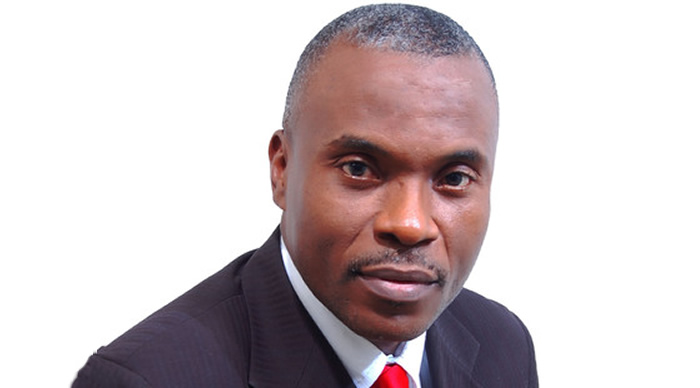Punch
THE recent award of a pipeline surveillance contract by the Nigerian National Petroleum Company Limited to a company promoted by a former Niger Delta militant, Government Ekpemupolo, mirrors the country’s penchant for decisions that compound, rather than solve problems. Possibly driven by desperation, the N48 billion contract (N4 billion monthly) has ignited a controversy that plays up the country’s divisions, its failed security architecture, and the inability to find quick, effective solutions to national problems.
Oil theft is arguably the major reason for Nigeria’s current severe revenue deficit, with 400,000 barrels of crude lost daily and N9.4 trillion expected earnings from crude under threat. Pipelines conveying refined petroleum products across the country are vandalised, resulting in huge losses. A problem of this nature would everywhere else energise the leadership to produce an efficient response to save the national economy. Instead, for many years, the Nigerian state has not been able to fashion effective countermeasures. A series of joint task forces, naval and infantry troop deployments, as well as bribes to militants and community leaders, have not stopped the massive haemorrhage.
The government has now returned to the failed strategy of awarding multi-billion naira contracts to companies floated by ex-militants once allegedly linked to crimes, including pipeline sabotage.
The award to Ekpemupolo, aka ‘Tompolo’, instantly raised eyebrows because the ex-militant leader was declared wanted by the Economic and Financial Crimes Commission in 2016 following bench warrants for his arrest by a Federal High Court in Lagos, where he was charged with involvement in the illegal diversion of N45.9 billion belonging to the Nigerian Maritime Administration and Safety Agency. The allegations arose from a security project awarded by the preceding Goodluck Jonathan government.
Under the law, everyone is presumed innocent unless pronounced otherwise by a court of competent jurisdiction. To that extent, Ekpemupolo and the companies associated with him can rightly claim legal innocence. Indeed, the courts threw out the cases against him and his co-accused.
However, there are moral/ethical issues, costs, and the government’s seriousness in fighting criminality and corruption. There is also the question of efficacy. Based partly on politics – to gain support from regional groups, and in furtherance of the policy of appeasement – the Jonathan administration awarded pipeline “protection” contracts to regional and ethnic militant groups.
It failed to stop the massive theft. Its main visible achievements were to make billionaires of a few ex-militants who never answered for their alleged crimes and deepened the sense of entitlement of ethnic and regional militias. Rightly, the succeeding regime of the President, Major General Muhammadu Buhari (retd.), stopped it.
The sudden U-turn by the NNPC to award the surveillance contract to Ekpemupolo is an abdication of state responsibility. It confirms, as Governor Rotimi Akeredolu of Ondo State said, that the national security system has failed totally, necessitating the recourse to non-state actors.
Moreover, the move has reopened demands from other militants, ethnic and regional groups demanding similar contracts. Some groups allege that the contract “rewards criminality;” others claim the right to undertake the task within their own territory. Ekpemupolo’s Ijaw kinsmen mostly support him. Youths of the oil-bearing Ibeno Local Government Area of Akwa Ibom State have vowed to resist any attempt by the contractor to enter their territory. Urhobo and Edo youths are separately asking for similar contracts. Within the Ijaw community, a rival ex-militant warlord, Mujahid Dokubo-Asari, through his Niger Delta People Volunteer Force, has similarly warned Ekpemupolo’s staff not to venture near his Kalabari ancestral homeland. There is an underlying threat of violence.



